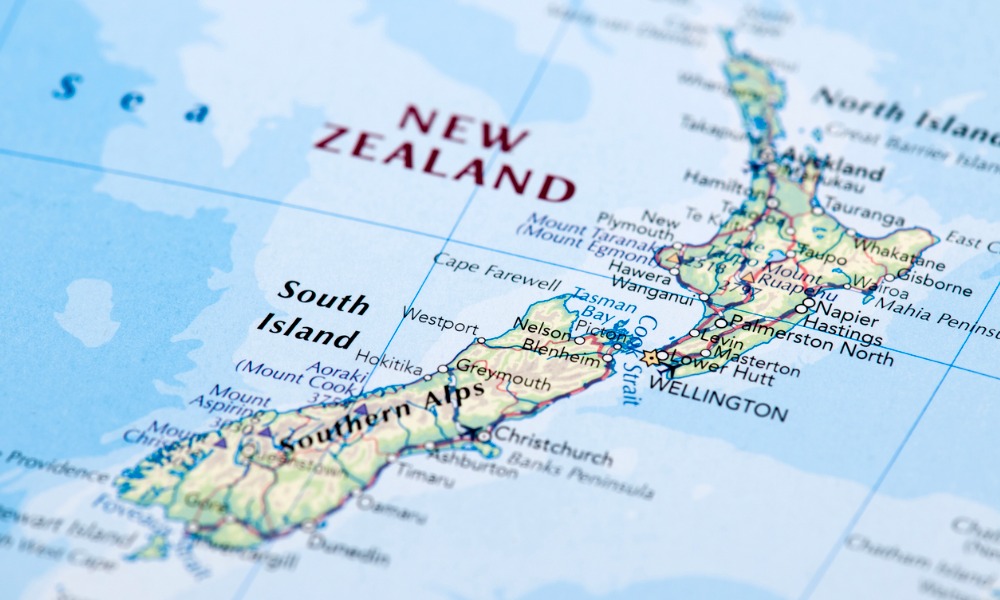
Government cites need to 'plug workforce gaps'

The annual number of migrants arriving in New Zealand has surpassed the pre-pandemic average in April, which the government hailed as proof that the country remains an attractive destination for workers.
The number of migrant arrivals for the year ending in April 2023 hit 171,800, up by 208%, according to data from Stats NZ.
The number is also above the long-term average of 119,000 for recent April years (pre-COVID 2002-2019).
"The fact that migration arrivals in the year to 2023 were above the long-term average continues and a recent OECD report showed New Zealand as the most attractive place for skilled workers is evidence that New Zealand remains an attractive destination for workers to come to," said Immigration Minister Michael Wood in a statement.
The government previously expanded its Green List to accommodate more foreign workers to the country and reduce the burden on businesses suffering from a talent crunch.
"Ultimately, we want to train as many New Zealanders to fill labour shortages as possible, but in the short term it has been necessary to rely more on migrant workers than we otherwise would to plug workforce gaps," Wood said.
In terms of departures, 99,500 left New Zealand in the year ending in April 2023 to make the country's net migration rate reach 72,300.
According to Stats NZ, the net migration gain was made up of a net loss of 26,100 citizens, which was offset by a net gain of 98,400 non-citizens.
"This is consistent with migration patterns before the COVID-19 pandemic, where New Zealand usually had an annual net migration loss of New Zealand citizens and an annual net migration gain of non-New Zealand citizens," Stats NZ said.
This continued growth in net migration comes despite criticism that the country's immigration plan is "overly complex."
According to Wood, the continued growth shows the government's immigration rebalance is doing its work.
The rebalance saw the government lifting pay requirements for migrant workers and imposing advertising requirements for NZ workers before a migrant worker is sought.
"Today's strong numbers show that these important protections have not been a barrier to recruiting migrant workers where we need them," Wood said. "We know many industries have been calling out for workers as the global labour shortage bites, and we want our immigration settings to be responsive to that, while still helping to deliver a more productive, high-wage economy."
The minister added that they will continue monitoring the country's immigration flows to ensure that right settings are imposed.
"But for now, this is a positive sign that we are getting the workers our economy needs to thrive and grow," Wood said.